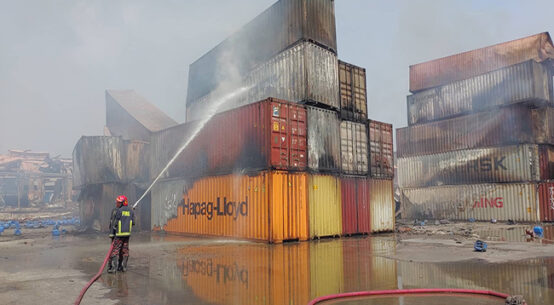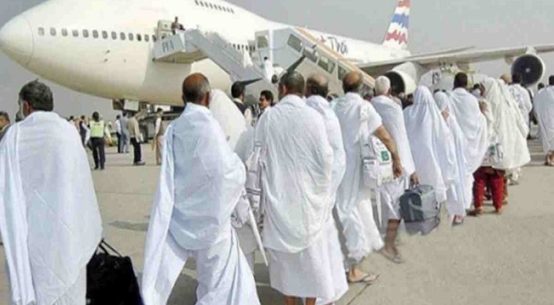
While Bangladesh seeks to diversify its economy and in particular its exports, it also should improve working conditions and wages in the RMG sector and beyond, said a UN expert on Monday.
“There is ample room for increasing the minimum wage,” UN Special Rapporteur on extreme poverty and human rights Olivier De Schutter at the end of a 12-day visit to the country while sharing a set of recommendations.
In the interest of their own reputation, the international brands must accept their responsibilities in this regard, and support both higher wages and a better respect for union rights, said the UN poverty expert.
He said the right to form and join unions and collective bargaining should also be allowed in EPZs.
The UN expert said the long-lasting progress in the fight against poverty requires improved accountability, and an ability for human rights organisations and other actors to operate freely.
It also requires protecting the most vulnerable from the various forms of discrimination they are subjected to, he said.
“And it requires further mobilisation of domestic resources. The Digital Security Act should be suspended,” De Schutter said in his end of mission statement.
He also said, “The anti-discrimination legislative framework should be adopted. And tax reform should allow increasing public revenue by expanding the tax base and increasing the proportion of public revenue that comes from direct taxation.”
The UN expert said Bangladesh has been remarkably successful at reducing poverty rates in recent years.
“This progress is fragile, however. It is dependent on a growth model that will have to be rethought following graduation from LDC status, and it has not been sufficient to strengthen the resilience of the poorest households, especially against the threat of climate change disruptions.”
The population’s climate-sensitive livelihoods relying on crop farming, livestock production, and fishing, as well as the poor-quality housing and infrastructure in rural and urban areas, make Bangladesh particularly sensitive to climate change.
As a result, he said, climate migration within the country will increase. “As of December 2021, over 10 million Bangladeshis were already considered climate refugees, and one out of seven people in Bangladesh are expected to be displaced by climate change by 2050,” said the UN expert.
He said social protection should be reformed and the various schemes streamlined and rationalised, in order to guarantee an adequate level of protection and to expand coverage.
In order to ensure that people in poverty are not excluded as a result of their inability to pay bribes or because they lack social connections, adequate information should be provided about eligibility conditions, and grievance mechanisms should be accessible to those who are excluded, he said.
A specific branch of social protection should protect victims of climate-related disasters, in particular when this leads to displacement.
Until the conditions for repatriation are met, the UN expert said, the human rights of the Rohingya refugees should be respected where they are.
In order to alleviate the burden on humanitarian actors, he said, they should be recognised the right to take up employment and to pursue income-generating activities.
The international community has both a moral and a legal duty to respond to the Joint Response Plan that has been presented for 2023, said the UN poverty expert.
The Special Rapporteur will present his final report on Bangladesh to the Human Rights Council in June 2024.


